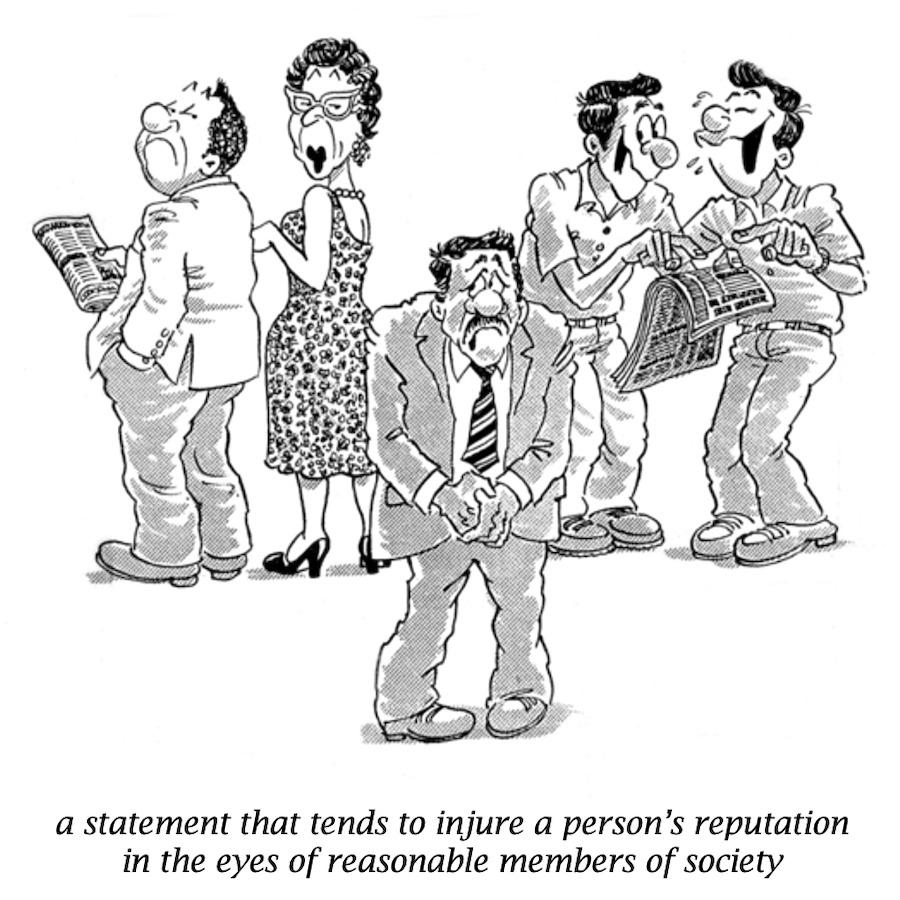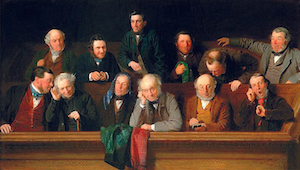Defamation reform will go to Cabinet tomorrow – and it will include anti-SLAPP provisions! — Updated: it’s been postponed by a week
 By way of update to my previous post wondering whether we will see Cabinet approve the drafting of a Defamation (Amendment) Bill before the end of the month, it seems increasingly likely that the answer is: yes, we will, and may even see it tomorrow. Both Mark Tighe in yesterday’s Sunday Times (sub req’d), and Jennifer Bray in today’s Irish Times, report that Minister for Justice, Helen McEntee (pictured right) will bring a package of proposals for reform of Ireland’s defamation laws to Cabinet tomorrow. Shane Phelan has a similar report in the Sunday Independent; and Elaine Loughlin has a similar report in the Irish Examiner.
By way of update to my previous post wondering whether we will see Cabinet approve the drafting of a Defamation (Amendment) Bill before the end of the month, it seems increasingly likely that the answer is: yes, we will, and may even see it tomorrow. Both Mark Tighe in yesterday’s Sunday Times (sub req’d), and Jennifer Bray in today’s Irish Times, report that Minister for Justice, Helen McEntee (pictured right) will bring a package of proposals for reform of Ireland’s defamation laws to Cabinet tomorrow. Shane Phelan has a similar report in the Sunday Independent; and Elaine Loughlin has a similar report in the Irish Examiner.
This week’s reports are similar to those of Hugh O’Connell in the Sunday Independent a week ago as noted in my previous post, with one very important addition. The proposed reforms follow on from a statutory review of the operation of the Defamation Act 2009 (also here) that was probably completed in 2020 but has yet to be published; and, in my post on O’Connell’s report, I commented that if the review had recommended provisions to control strategic lawsuits against public participation (SLAPPs), I would have expected O’Connell to have said so.…






